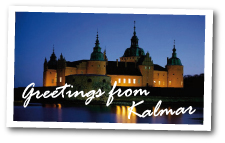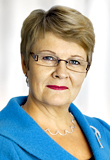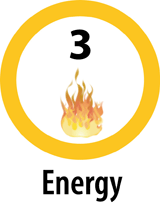At this point in the process, I’m really looking back and reflecting upon my old habits vs. new habits. I’m trying to figure out which habits will make it into my permanent repertoire, and which habits may need to be tweaked to become truly climate-friendly. As I do so, I realize that I’ve got a few questions for our Climate Coaches, but I thought I’d also open them up to any readers. I welcome the input from all sources!
1. We’ve learned that recycling isn’t the only piece in the ecological puzzle. We’re also trying to reduce our consumption and reuse what we have. To that end, what are your thoughts on holiday energy consumption? Specifically, I’ve read that LED Christmas light strands are much more energy efficient, but I do own plenty of serviceable traditional lights. How do I determine whether it’s better to discard old (but working) lights and buy new (energy-efficient) ones? I suppose that this question could extend to other appliances and items as well: When is it best to replace old (but working) appliances with newer, more “green” models?
2. Walking our dog, and hiking with our dog, is one of our preferred forms of recreation. We scoop up dog waste and dispose of it in trash bins per local laws. In the interest of being climate-friendly, we’ve been purchasing biodegradable dog waste bags. However, I recently realized that the plastic bags we put our grocery produce in (fresh veggies and fruits) are really not being used past the purpose of packaging produce and taking it out of the store. So I thought I might use those bags as doggy waste bags, but then I realized that these are NOT green bags, so perhaps reusing them defeats the purpose. Is it better to reuse these produce bags in a way that’s perhaps not so eco-friendly, or best to simply return them to a recycling facility?
(I realized as I wrote this that perhaps the real answer is to not use the grocer-provided plastic bags for produce. I have seen a few reusable mesh bags that I can purchase online. But then, is it better to purchase a new product or to reuse an existing one?) Can anyone weigh in on this topic?
by Climate Pilot Mya Akin

 Just a few hours after Minister for Enterprise and Environment Maud Olofsson ended the first Energy Council meeting within the framework of the Washington Summit between the Euopean Union and the U.S., the Minister headed to the Washington, DC suburb of Falls Church, Virginia to visit the American families who are participating in the Climate Pilots project.
Just a few hours after Minister for Enterprise and Environment Maud Olofsson ended the first Energy Council meeting within the framework of the Washington Summit between the Euopean Union and the U.S., the Minister headed to the Washington, DC suburb of Falls Church, Virginia to visit the American families who are participating in the Climate Pilots project. Dear Climate Pilots,
Dear Climate Pilots, Sweden’s Deputy Prime Minister Maud Olofsson visited the home of one of the Climate Pilots families in Washington D.C. on the Wednesday.
Sweden’s Deputy Prime Minister Maud Olofsson visited the home of one of the Climate Pilots families in Washington D.C. on the Wednesday.